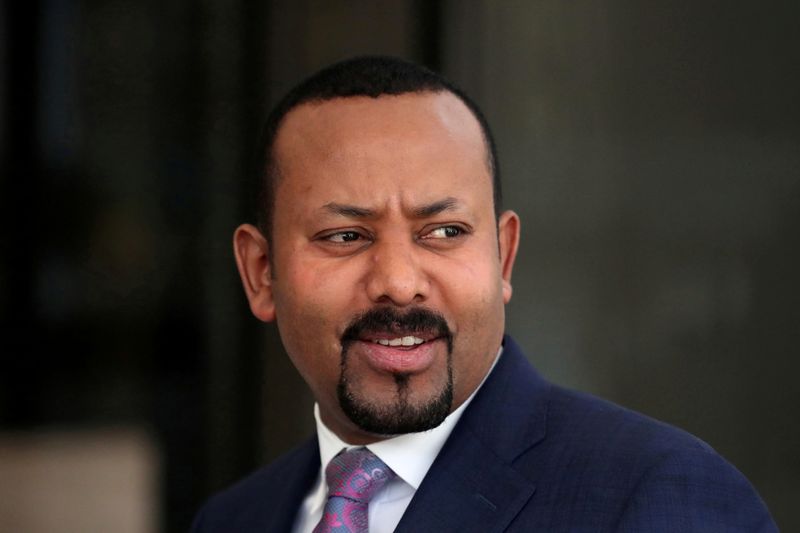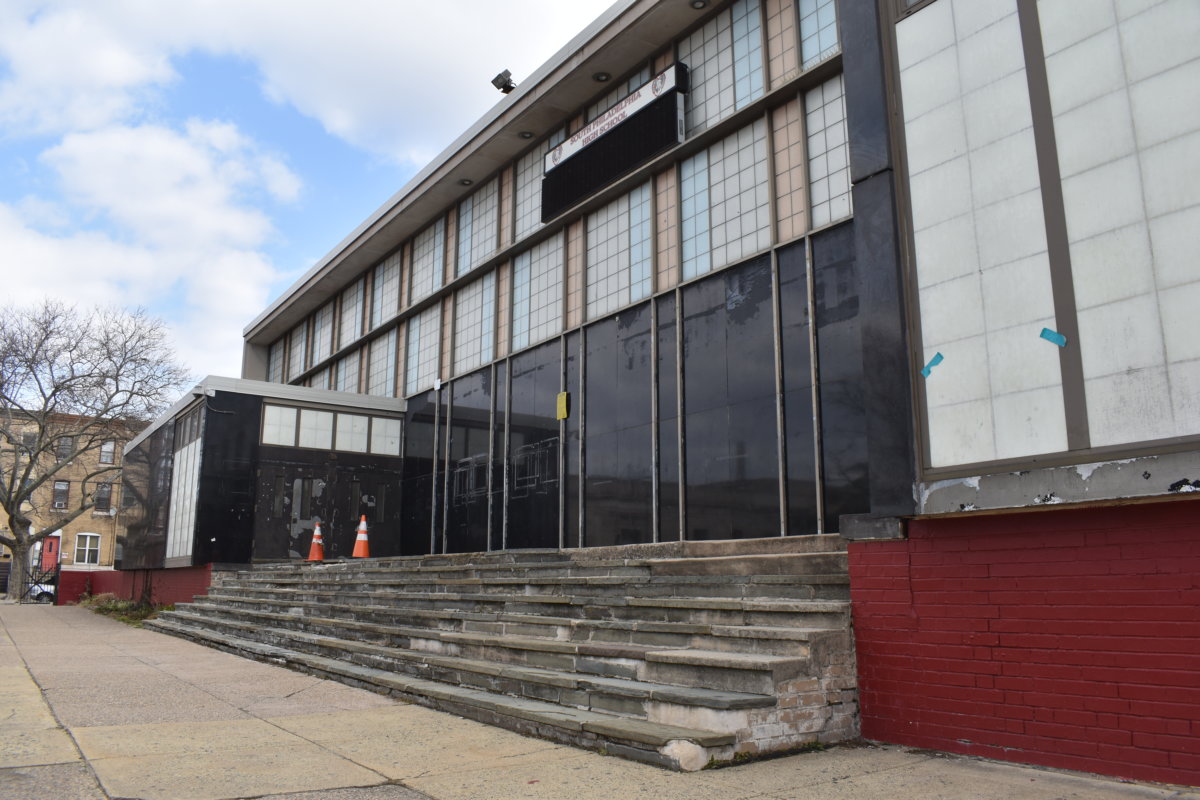NAIROBI (Reuters) – The leader of Ethiopia’s northern Tigray region said government air strikes had killed an unspecified number of civilians in recent days and vowed to defend his people until federal authorities realise “we cannot be subjugated by their knife”.
The week-old conflict between federal government forces and the Tigray People’s Liberation Front (TPLF), a powerful ethnic faction which governs the mountainous northern region, threatens to destabilise Ethiopia and the wider Horn of Africa.
At issue is the cohesion of a country of 115 million people, where conflict among different ethnic groups has killed hundreds of people since Prime Minister Abiy Ahmed took office in 2018.
Abiy, who won last year’s Nobel Peace Prize, ordered the air strikes and sent troops into Tigray last week after accusing forces loyal to the Tigrayan leadership of attacking a federal military base.
The government says the offensive will restore peace and order. Both sides say they are making advances but have not provided evidence to support their claims.
Tigray’s president Debretsion Gebremichael, who is chairman of the TPLF, denied that Tigrayan troops had initiated any attacks and said they were acting in self defence, without providing evidence.
In a telephone interview and text messages, he told Reuters that civilians had been injured and killed in air strikes in the town of Adigrat and the regional capital, Mekelle.
“The way I see it from the prime minister, I don’t think peace will come soon, because he believes that he can crush us, he believes he can do everything by his armed forces,” Debretsion said.
“Until he learns he will not make it, I don’t think there will be peace.”
Debretsion said he could not give further details on the air strikes. Reuters was not able to independently verify his assertions on civilian casualties or determine which side initiated the attacks.
Abiy has publicly said that air strikes have hit arms depots and other military installations controlled by the TPLF. Officials in his office and the army command did not immediately respond to Reuters requests for further comment.
Journalists from Reuters and other news organisations have not been allowed to visit the base where the government says the fighting started.
Security sources and state media have said hundreds of soldiers on both sides have been killed in the fighting, but have not confirmed civilian casualties.
NEGOTIATIONS
Debretsion said talks were the only solution but that he has had no contact with Abiy since the conflict began. He said Tigrayan fighters would not strike outside the region, including in the neighbouring state of Amhara, where forces have mobilized in support of Abiy.
Abiy comes from the Oromo ethnic group, the largest in Ethiopia, Africa’s second most populous nation. He took office in 2018 after decades of Tigrayan dominance of the country’s multi-ethnic ruling coalition.
Debretsion was elected chairman of the TPLF in 2017. Before that, he held senior posts in the federal government, including deputy prime minister and communications minister.
Tensions escalated in September when Tigray held a regional election in defiance of the federal government, which postponed voting nationwide due to the COVID-19 pandemic. Tigray leaders accused Abiy of trying to illegally extend his term, which he denied, and argued the central government did not have the authority to prevent the regional election, which local officials said the TPLF won.
The government subsequently suspended federal funding to Tigray, saying the vote was illegal. Ethiopia’s parliament stripped Debretsion and 38 other members of immunity from prosecution on Thursday, the state news agency reported.
Debretsion said Tigray’s government lacked the resources to support its people through the crisis. Residents were struggling to work, with communications down and banks closed, and large numbers have been displaced, he said.
He said the Tigrayan leadership had written to world leaders warning about such a conflict and that they had a responsibility to help. He did not specify which countries had been contacted and Reuters could not immediately confirm this.
“The international community has to stop and arrange peaceful negotiations to settle whatever political differences we have in this country,” Debretsion said.
The United Nations, African Union and countries including Germany have publicly called for dialogue.
A government spokesman said on Tuesday mediation was only possible if military hardware in Tigrayan hands was destroyed, federal officials were freed from custody, and regional leaders arrested.
(Reporting by Nairobi newsroom; Editing by Nick Tattersall)

















